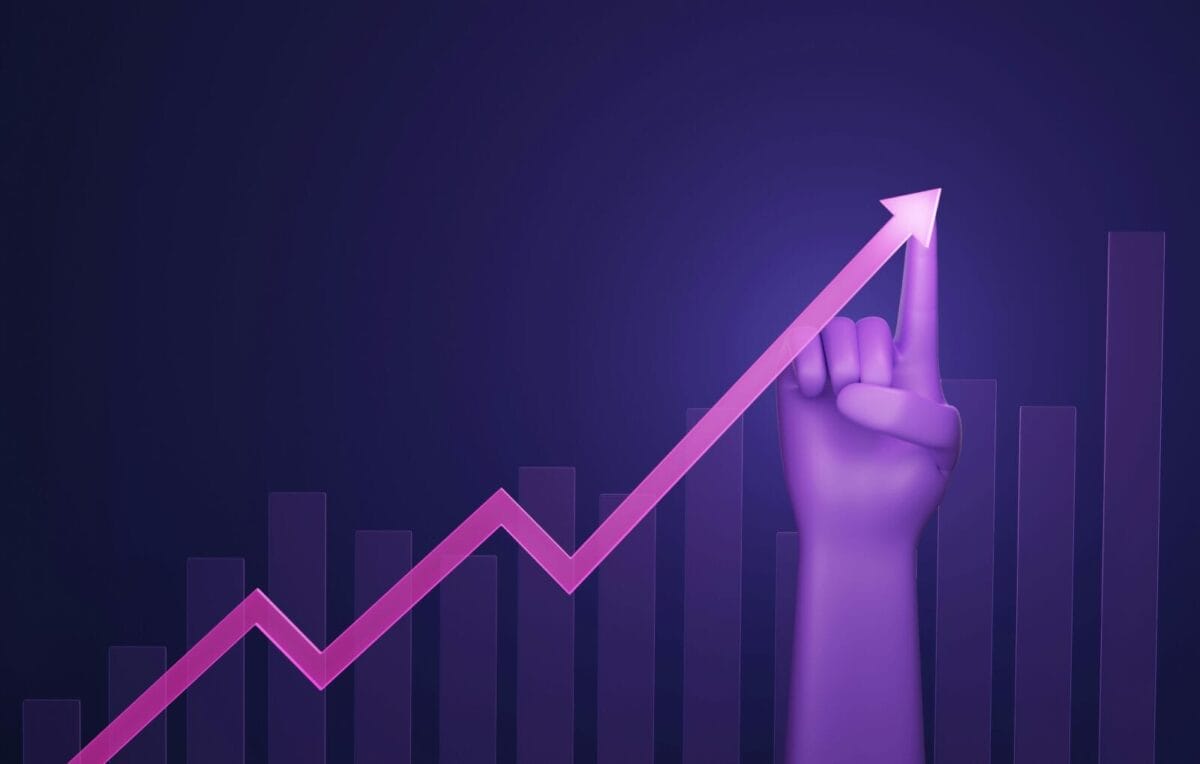Laura Suter, head of personal finance at AJ Bell, comments on the latest ONS figures on disposable income:
“These figures lay bare how the fortunes of the richest and poorest in the UK have gone in opposite directions during the cost of living crisis. Soaring inflation has left a yawning gap between the two ends of society. Last year the poorest in the UK saw their disposable income drop by almost 4%, while the richest in society actually saw their disposable income rise by almost 2%.
“The past two years have seen the poorest hit by the Covid pandemic and then the cost-of-living crisis in quick succession, with their disposable income falling by 2% between 2020 and 2021 and then 3.8% the year after. This compares to an average increase of 0.3% a year for the previous 10 years, showing just how large an impact the past couple of years have had.
“The poorest fifth of the UK was hit by two factors: their wages failing to keep up with inflation and benefits falling in real terms, both of which had a dramatic impact on their spare cash. The rises in energy and food costs also hit poorer households harder, as they spend more of their money on these essentials. Conversely, richer households have far more ability to cut back on their spending as more of it goes on non-essentials, such as holidays and luxury items.
“Retirees also bore the brunt of the cost-of-living crisis, seeing their disposable income reduce by 1.6% last year, far below the 10-year average of increasing by 1.3% a year. The impact of scrapping the state pension triple lock as well as this group spending more of their money on energy and food, which saw the largest rises in price, mean their spare money has taken a clobbering. But not all retirees have fared equally, and the gap between the richest and the poorest retirees has hit its highest level since records began.
“The cost-of-living crisis has the demonstrable ability to create a generation-long divide in the UK, as those with the lowest paid jobs face taking on debt to pay for the essentials that then takes them years to pay off. It has also had a big crunch on the average household, with the average increase in disposable income between 2020 and 2022 being half that of the past 10 years.
“While inflation is set to start falling this year, that doesn’t mean prices will actually fall – just that they won’t increase by as much. This means that those poorest households will still have to find more money to pay for their everyday essentials. The Government has already pledged a substantial increase in benefits, including the state pension, from April, as well as an increase in the minimum wage, which should help to boost the incomes of the poorest in the UK. However, all eyes will be on Chancellor Jeremy Hunt at March’s Budget as to whether he gives any more support – or sneaks in more stealth tax raids.”

















